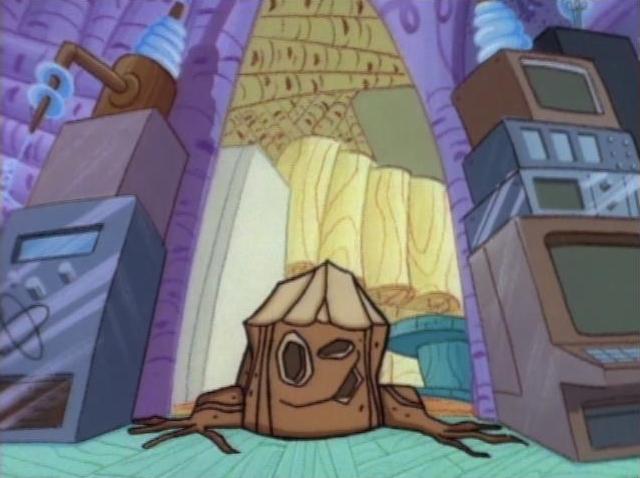Fox News is at the forefront of the battle. The fact that some businesses and groups use a more generic "Happy Holidays" greeting instead of "Merry Christmas" is considered an opening shot in a much larger fight. They even have an interactive map so that people can find places where Christmas is "under attack" by supposedly secular forces who want to call Christmas trees "Holiday Trees." And that just ain't right. Sarah Palin writes books about it. And people pay to read them.
What I found interesting was a separate article about the "original" American war on Christmas that took place 400 years ago. What's ironic is that religious groups were the ones trying to get Christmas banned. They saw Christmas as a pagan ritual that was devoid of Christ. They viewed the Christmas season as one of excess and decadence. The traditions like Santa Claus, Christmas trees, and singing carols? They were considered almost satanic in nature and mentioned nowhere in the Bible.
What disappoints me about this is that to me, the "spirit of Christmas" should be beyond notions of battles and war and fighting. "Peace on Earth" should be the prevailing theme. If someone wishes me "Happy Holidays" then I should simply feel happy someone was thoughtful enough to do so. Likewise, if someone told me "Shalom" because they are Jewish, I might feel compelled to respond in kind. The biggest thing is that it is not a big deal. Someone is obviously being nice to me. I should be thankful!
Thankful. Peaceful. Not judgmental. One of my favorite Christmas songs is a piece called "Christmas In the Trenches" by John McCutcheon. It's about the Christmas truce between German and British soldiers during World War I. Men who were trying to kill each other one day were singing Christmas carols together the next. You can listen to it below:
The song is a reminder that what matters is not what divides us but what unites us. There are always going to be differences among us and it's important that we don't look at others and see "the enemy." It's important we don't look at others and see an opponent. It's important that we don't look at a greeting as a symptom of something sinister.
Christina, Ellery and I went to a small gathering at church Sunday afternoon for a carol sing service for all the churches in town. It was pretty nice because it was one of the first Christmas-y things we've done this year. You just can't help but feel good after singing songs like that.
The service was enjoyable to me also because of how simple it was. It just consisted of showing up, calling out carols and then singing through them. Afterwards we had hot cider and cookies and conversation.
And what were those songs? "Silent Night." "O Come All Ye Faithful." "The Friendly Beasts." "Away in a Manger." "The First Noel." "God Res Ye Merry Gentlemen."
You know what wasn't on that list of Christmas songs? "Onward, Christian Soldiers."
'Tis not the season.
I'm going to leave off with a link to an article I've always found hilarious because of how sad it is. It's about the actual war on Christmas that almost occurred between North and South Korea:
ASIA/NORTH KOREA - Threats of war for "the lights and Christmas trees on the border"
As I said, Christmas is serious business.










